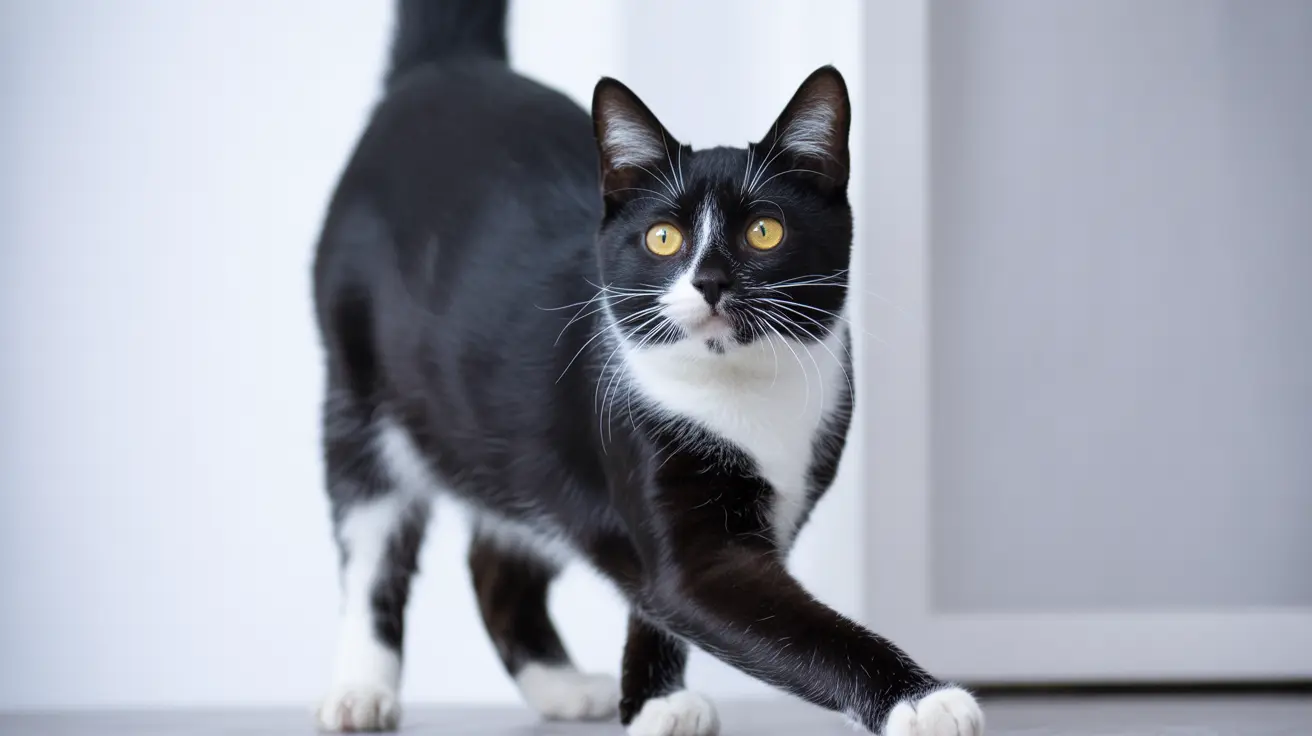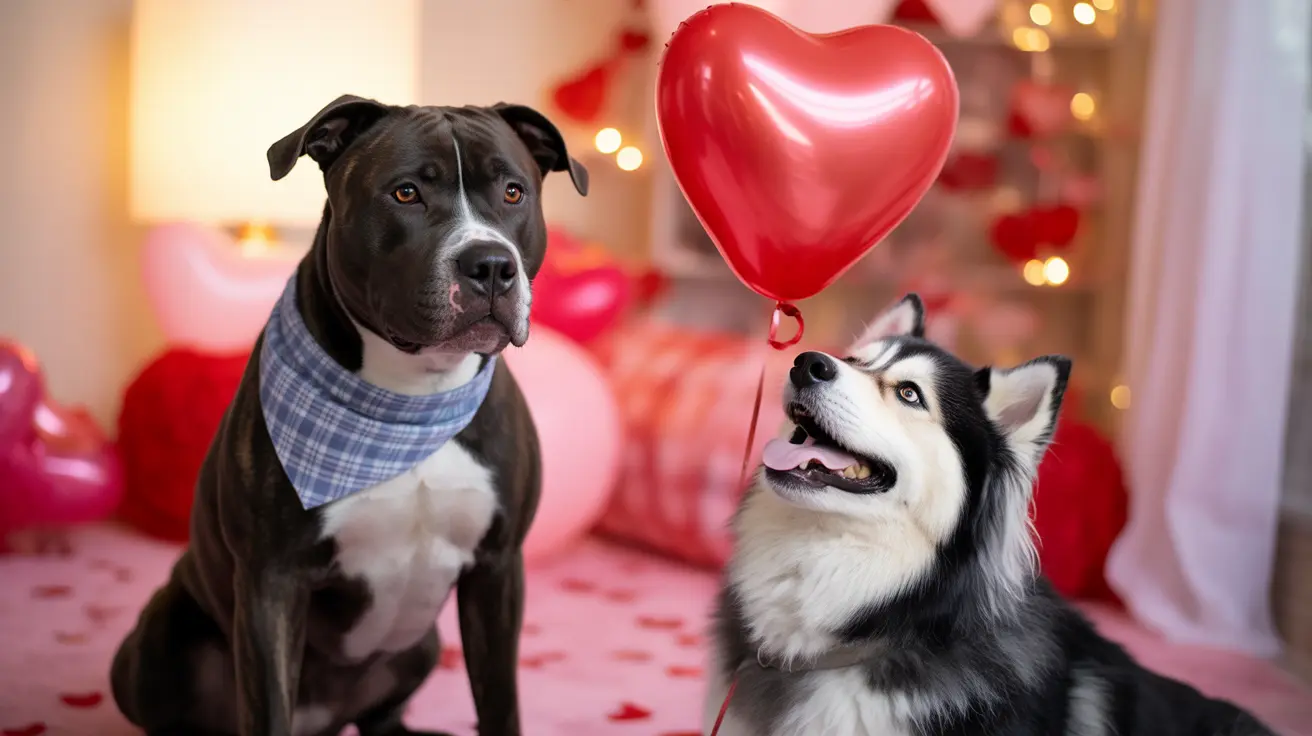Can Cats Eat Fries? What Every Cat Owner Should Know
It's common for pet owners to want to share a bite of their favorite snack with their furry companions. French fries — crispy, salty, and universally loved — often top the list of popular human treats. But when those curious cat eyes beg at the table, one question arises: Can cats eat fries? Let's explore the answer with veterinary insight and understand the potential risks associated with feeding fries to cats.
Why Fries Are Not Safe for Cats
While a single fry might not seem dangerous, consistently feeding your cat fries or similar foods can result in numerous health problems. Here’s why:
- High fat content: Fries are deep-fried, which makes them high in unhealthy fats that can lead to obesity and pancreatitis in cats.
- Excessive salt: Sodium levels in fries exceed what a feline should safely consume and can cause dehydration, high blood pressure, or even salt poisoning in severe cases.
- Additives and seasonings: Many fries contain garlic, onion powder, or spices — all of which are toxic to cats and may lead to gastrointestinal upset or damage to red blood cells.
- Lack of nutritional value: Fries offer no essential nutrients for a cat’s diet and are often considered empty calories for pets.
Potential Short-Term Effects
Feeding fries to your cat can lead to immediate symptoms such as:
- Vomiting
- Diarrhea
- Increased thirst or urination
- Lethargy or fatigue
These symptoms should not be ignored. If your cat shows any of these signs after eating human food like fries, consult your veterinarian.
What If My Cat Ate a Small Fry?
If your cat happened to sneak a fry, don’t panic. A small, plain fry is unlikely to cause lasting harm. However, monitor your pet for any unusual behavior over the next 24 hours. Avoid giving fries intentionally in the future.
Health Risks of Long-Term Consumption
Feeding cats human snacks occasionally may seem harmless, but prolonged exposure to fatty and salty foods like fries can result in severe health issues:
- Obesity — High-calorie foods contribute to unhealthy weight gain.
- Diabetes — High-fat diets can lead to insulin resistance over time.
- Heart issues — Salt and fat contribute to cardiovascular problems.
- Pancreatitis — A painful and potentially fatal inflammation of the pancreas.
Better Snack Alternatives for Cats
If you feel the urge to give your cat a treat, opt for healthier, cat-safe options:
- Cooked, plain chicken or turkey — A protein-rich and low-fat snack.
- Small pieces of cooked fish — Provides healthy omega-3 fatty acids.
- Commercial cat treats — Formulated to meet feline dietary needs.
- Catnip or cat grass — Safe and enjoyable alternatives for play or nibbling.
Conclusion: Stick to a Cat-Friendly Diet
While it might be tempting to share your side of fries with your cat, it’s best to avoid it altogether. Cats have very specific dietary needs, and indulging their cravings for human food can put their health at risk. Always consult a veterinarian before introducing new food into your pet’s diet. When in doubt, stick to foods and treats specifically designed for cats — keeping your feline friend safe, healthy, and happy.





